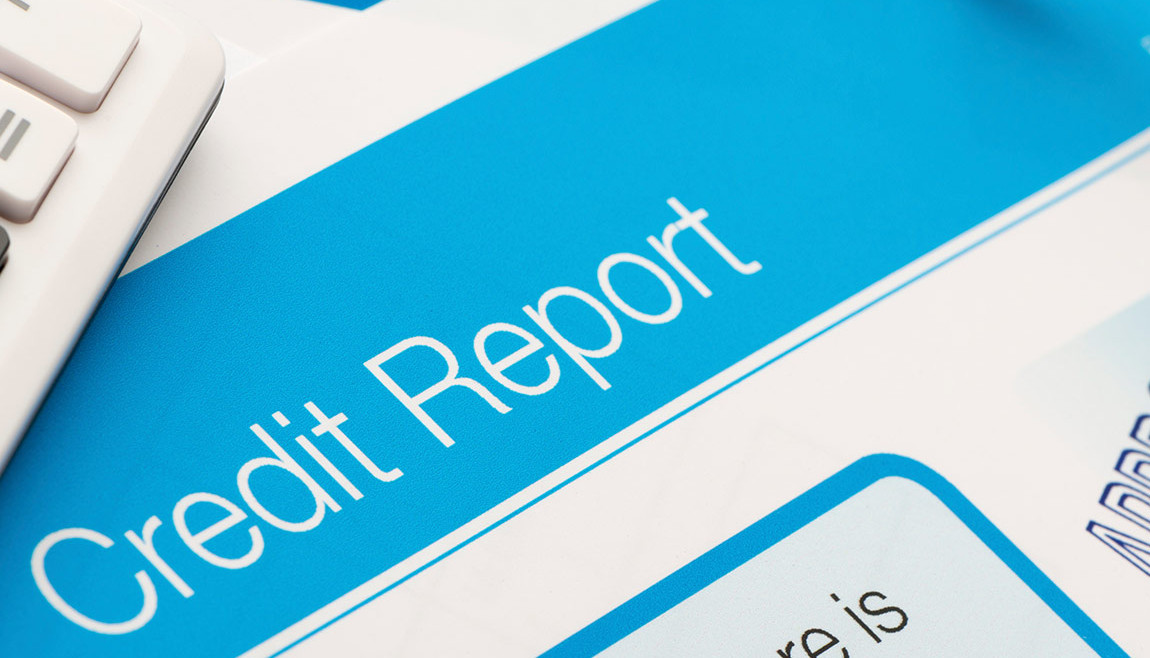False Background Report Remedies
https://bardolawpc.com/wp-content/uploads/2014/11/BardoLawPC-Services-FairCreditReporting.jpg@2x-1024x1024.jpg 1024 1024 StacyBardo StacyBardo https://bardolawpc.com/wp-content/uploads/2015/09/LinkedIn-StacyBardo-BardoLawPC-150x150.jpgFalse or inaccurate background reports unfairly cost consumers both job and rental opportunities. Even though the majority of states have implemented expungement or sealing practices for old eviction and criminal records, background screening companies often report defunct information. When screening companies don’t regularly update their data, previously sealed or expunged records may be included in reports to prospective landlords and employers. “When screening companies get it wrong, they not only undercut states’ efforts to give their residents the opportunity to move forward with their lives, but they also risk violating the federal Fair Credit Reporting Act (FCRA).”
See more at https://www.nclc.org/wp-content/uploads/2022/08/IB_Zombie_Records-1.pdf.
Tenant and employment screening companies are required under the FCRA to follow reasonable procedures to assure maximum possible accuracy of the information they report. When sealed or expunged records are reported, the screening company is NOT assuring maximum possible accuracy.
In addition to assuring maximum possible accuracy, the FCRA prohibits posting obsolete or unverified information. Generally, this means records that are more than 7 years old or that have not been properly authenticated as belonging to the consumer.
Screening companies must also follow a set of guidelines to notify consumers as to the information in their reports. Consumers must be granted access to their files when requested and screening companies must conduct a reasonable investigation when a report is disputed.
If you are a consumer and have been turned down for a job or an apartment based on information in your credit report and you have questions, e-mail stacy@bardolawpc.com for a free case review.

